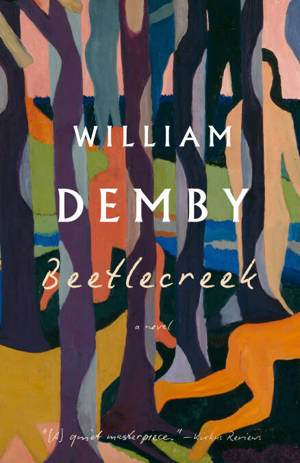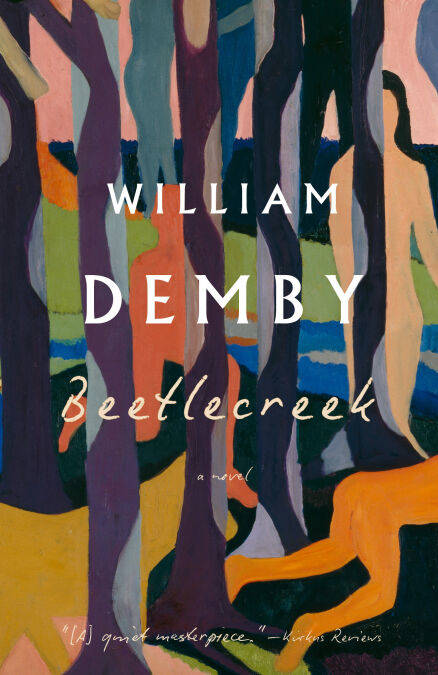
- Afhalen na 1 uur in een winkel met voorraad
- Gratis thuislevering in België vanaf € 30
- Ruim aanbod met 7 miljoen producten
- Afhalen na 1 uur in een winkel met voorraad
- Gratis thuislevering in België vanaf € 30
- Ruim aanbod met 7 miljoen producten
Zoeken
Omschrijving
A rediscovered "masterpiece" (Kirkus) of Black American literature first published in 1950, about an unlikely friendship in a West Virginia town
After several years of seclusion in the Black quarter of Beetlecreek, West Virginia, in the precarious 1930s, a retired carnival worker named Bill Trapp strikes up a chance friendship with Johnny Johnson, a Pittsburgh teenager transplanted into his uncle’s home. Bill is white. Johnny is Black. Both are searching for something that will give meaning to their lives. While Bill tries to court favor in the community, Johnny joins a local gang; meanwhile, their new friendship kindles hope that there is something for each of them beyond the bounds of Beetlecreek. But as the church society’s Fall Festival approaches, the battle between the repressive town and the aspirations of its trapped inhabitants comes to a nail-biting head.
First published in 1950, Beetlecreek stands as a moving condemnation of provincialism and fundamentalism, and a classic of Black American literature. Both a critique of racial hypocrisy and a new direction for the African American novel, it occupied fresh territory for its time: neither the gritty realism of Richard Wright nor the ironic modernism of Ralph Ellison.
After several years of seclusion in the Black quarter of Beetlecreek, West Virginia, in the precarious 1930s, a retired carnival worker named Bill Trapp strikes up a chance friendship with Johnny Johnson, a Pittsburgh teenager transplanted into his uncle’s home. Bill is white. Johnny is Black. Both are searching for something that will give meaning to their lives. While Bill tries to court favor in the community, Johnny joins a local gang; meanwhile, their new friendship kindles hope that there is something for each of them beyond the bounds of Beetlecreek. But as the church society’s Fall Festival approaches, the battle between the repressive town and the aspirations of its trapped inhabitants comes to a nail-biting head.
First published in 1950, Beetlecreek stands as a moving condemnation of provincialism and fundamentalism, and a classic of Black American literature. Both a critique of racial hypocrisy and a new direction for the African American novel, it occupied fresh territory for its time: neither the gritty realism of Richard Wright nor the ironic modernism of Ralph Ellison.
Specificaties
Betrokkenen
- Auteur(s):
- Uitgeverij:
Inhoud
- Aantal bladzijden:
- 224
- Taal:
- Engels
Eigenschappen
- Productcode (EAN):
- 9798217007325
- Verschijningsdatum:
- 12/01/2026
- Uitvoering:
- E-book
- Beveiligd met:
- Adobe DRM
- Formaat:
- ePub

Alleen bij Standaard Boekhandel
+ 13 punten op je klantenkaart van Standaard Boekhandel
Beoordelingen
We publiceren alleen reviews die voldoen aan de voorwaarden voor reviews. Bekijk onze voorwaarden voor reviews.








